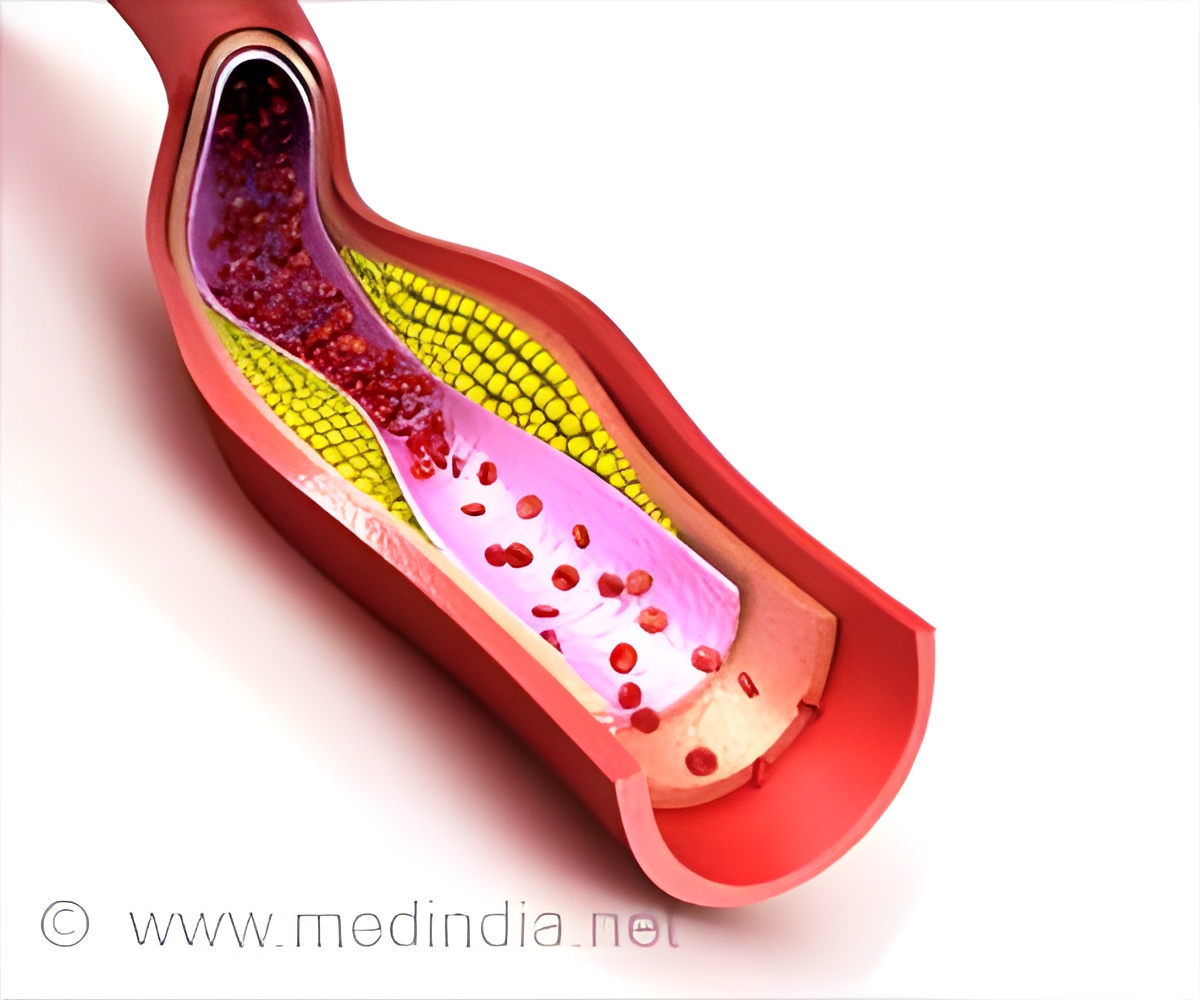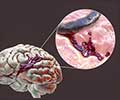A new study shows an association between high triglyceride levels and the risk of the second stroke even in people taking drugs to lower blood fats.

TOP INSIGHT
People who had high triglyceride (type of blood fat) levels had a 21% greater risk of death, stroke, or heart condition one year, compared to those with lower levels.
“Our study suggests that for people who had an atherothrombotic stroke, having elevated levels of triglycerides in their blood is a risk factor for having another stroke or other cardiovascular problems in the future, and we found that to be true even if the person is on statin therapy,” said study author Takao Hoshino, MD, of the Tokyo Women's Medical University in Japan.
The new study looked at 870 people who had a stroke or transient ischemic attack. Their average age was 70. Of those, 217, or 25%, had elevated triglyceride levels, defined as fasting triglycerides levels 150 milligrams per deciliter or higher.
Researchers followed up with the participants one year later to find out if there was an association between high triglyceride levels and having another stroke, acute coronary syndrome, which is any condition caused by a sudden reduction of blood flow to the heart, or death due to vascular causes.
After adjusting for factors like cholesterol level and statin use, researchers found that people who had another stroke after an atherothrombotic stroke had elevated levels of triglycerides.
However, the study did not find an association between higher triglyceride levels and future cardiovascular problems in people who had a different type of stroke called a cardioembolic stroke.
More research is needed, but for people who have had an atherothrombotic stroke, triglyceride levels may emerge as a key target for preventing future strokes and other cardiovascular problems.
Source-Medindia
 MEDINDIA
MEDINDIA




 Email
Email










